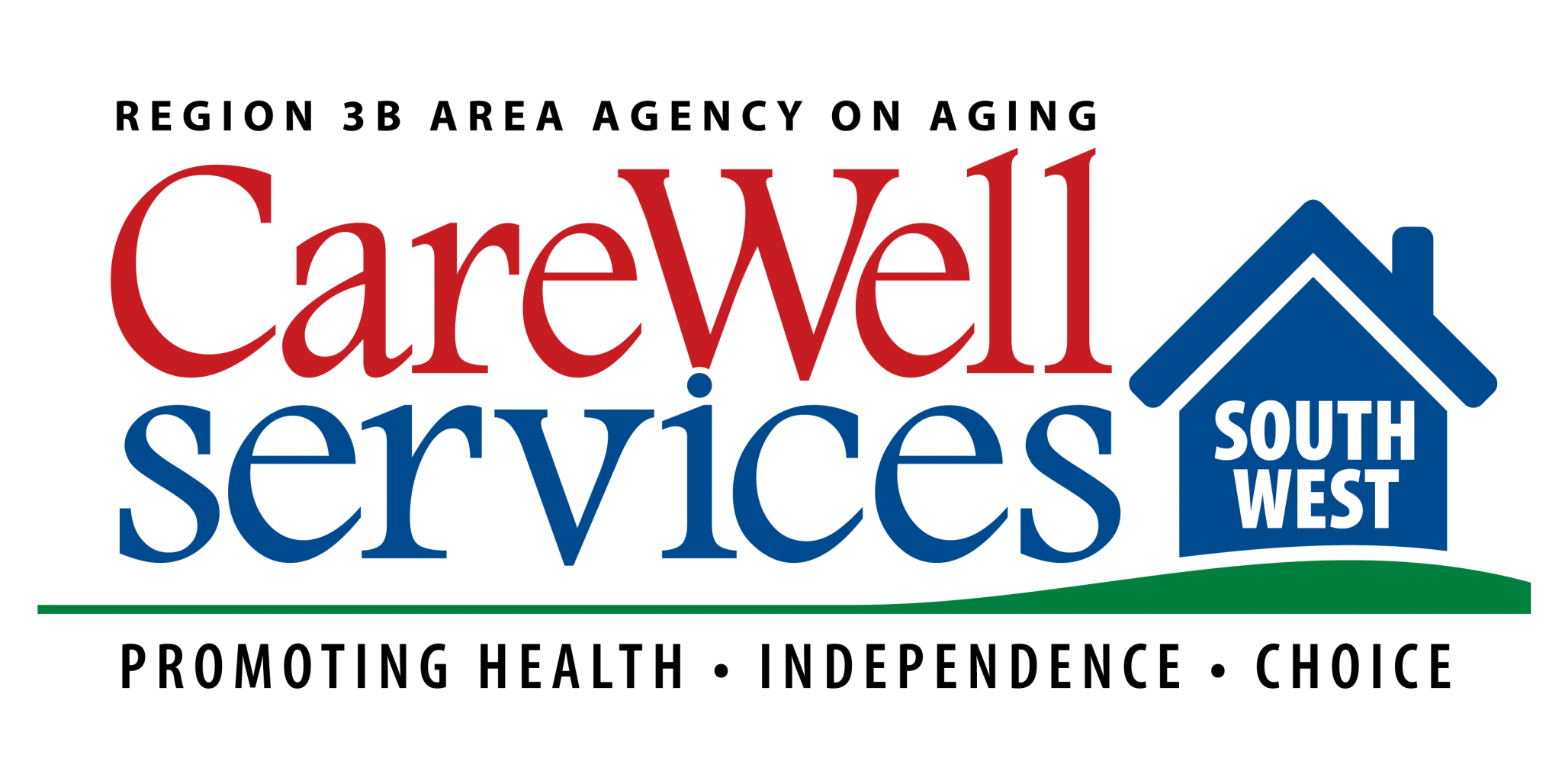by Jen Rice, Marketing & Outreach Coordinator

Fighting cancer is a team effort that involves family, friends, and your care team. Don’t underestimate the strength that can come from having your support network by your side.
Three out of four newly diagnosed patients say that they remember or understand little of what their healthcare team told them at the time of their diagnosis. For this reason, as well as for emotional support, it is very important to have someone with you during your appointments, especially those early on in your treatment. This person should take thorough notes that you can review together after the appointment when the initial shock wears off, and the reality of your diagnosis becomes clearer.
When I was diagnosed with cancer in 2020, I was fortunate to have my sister with me for most of my appointments. She is a nurse and knew what questions to ask. I wasn’t offered a port until she asked my doctor about it, thankfully I was able to get one and it saved my veins from the chemotherapy infusions.
Many doctor’s offices do not allow visitors these days due to COVID. If this is the case, you can call your support person during your appointments and put them on speaker phone. They will be able to hear everything your doctor is saying and will be able to ask questions as well.
When treatment ends, you may expect life to return to the way it was before you were diagnosed with cancer, but it can take some time to recover. You may have permanent scars on your body, or you may not be able to do some things you once did easily. You may also have emotional scars from going through so much. You may find that others think of you differently now, or you may view yourself in a different way.
It’s not so much about “getting back to normal” as it is finding out what’s normal for you now. People often say that life has a new meaning or that they look at things differently after cancer treatment. Your support system plays a key role in your entire cancer journey, from diagnosis to treatment to recovery.
In addition to family and friends, there are numerous community resources that offer support. Call us at 269-441-0930 for more information and to get connected with free services near you.

